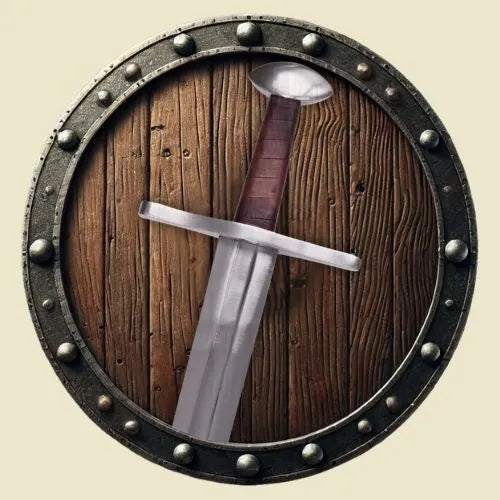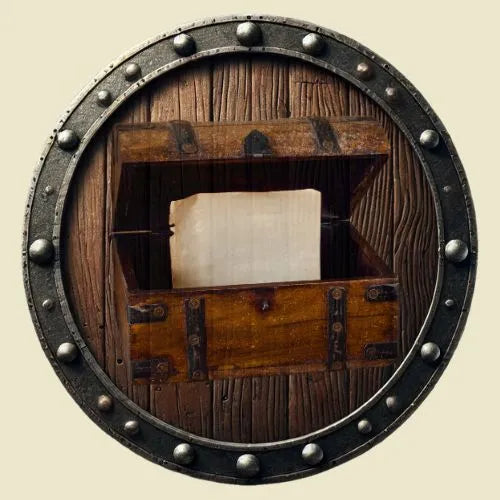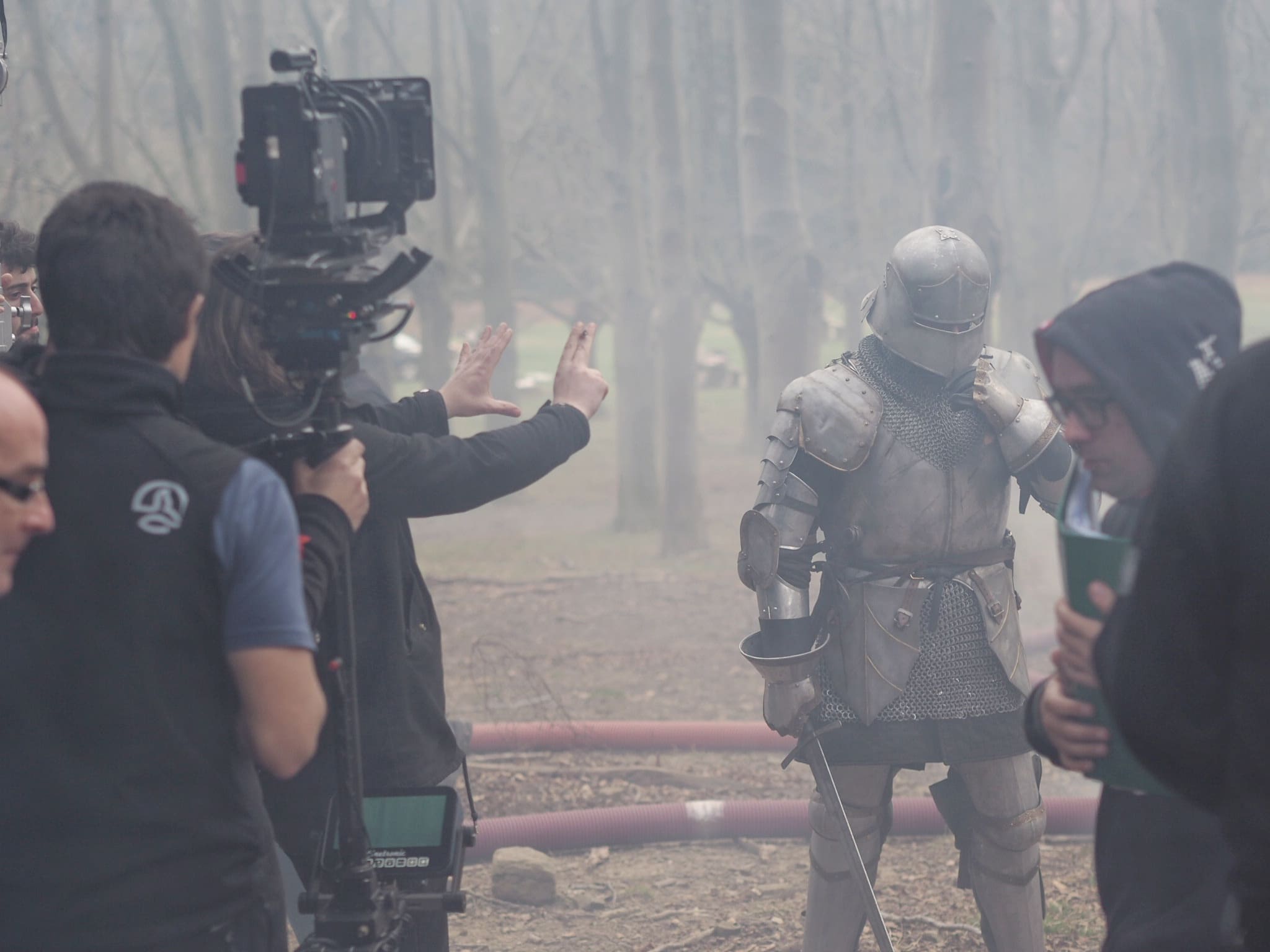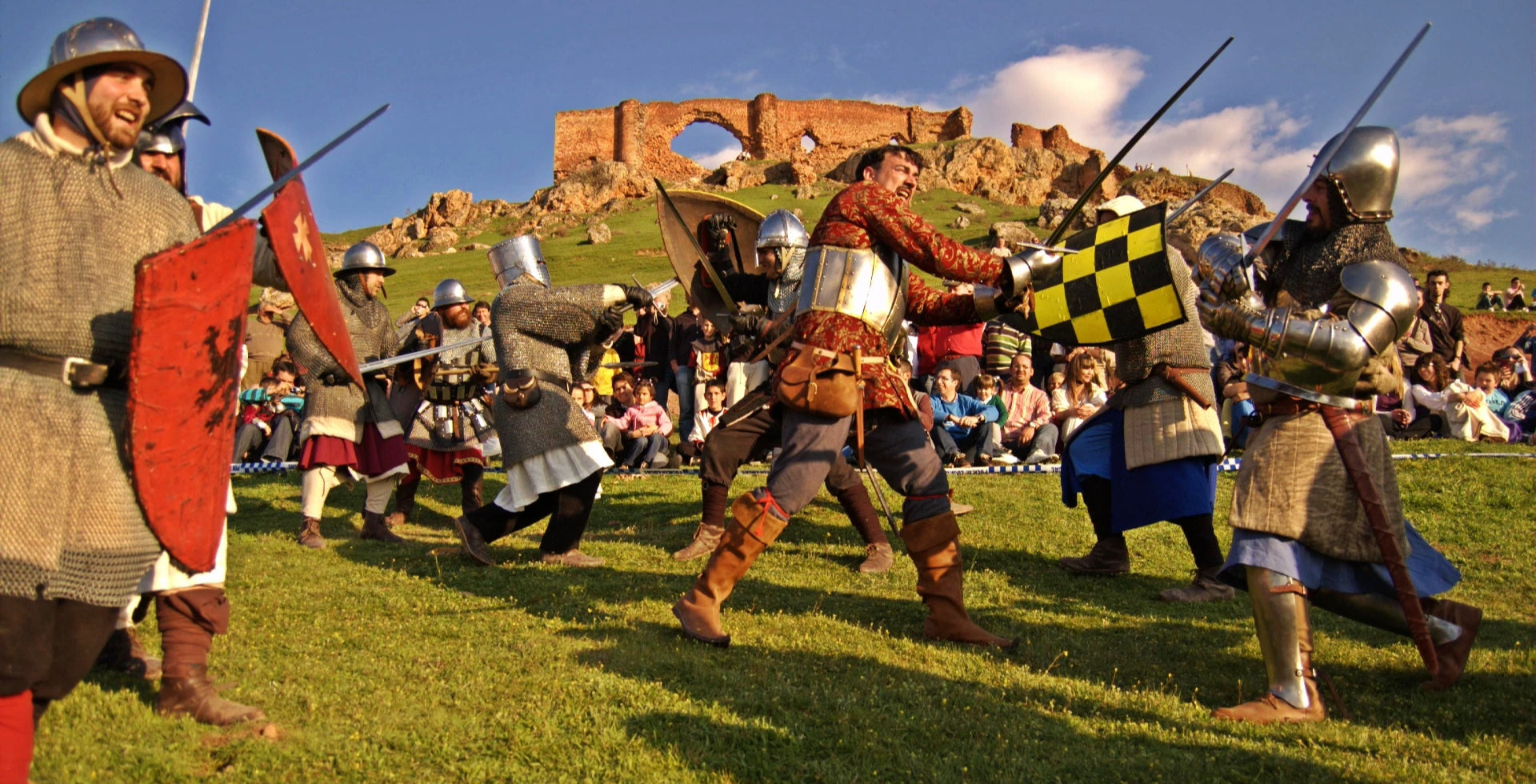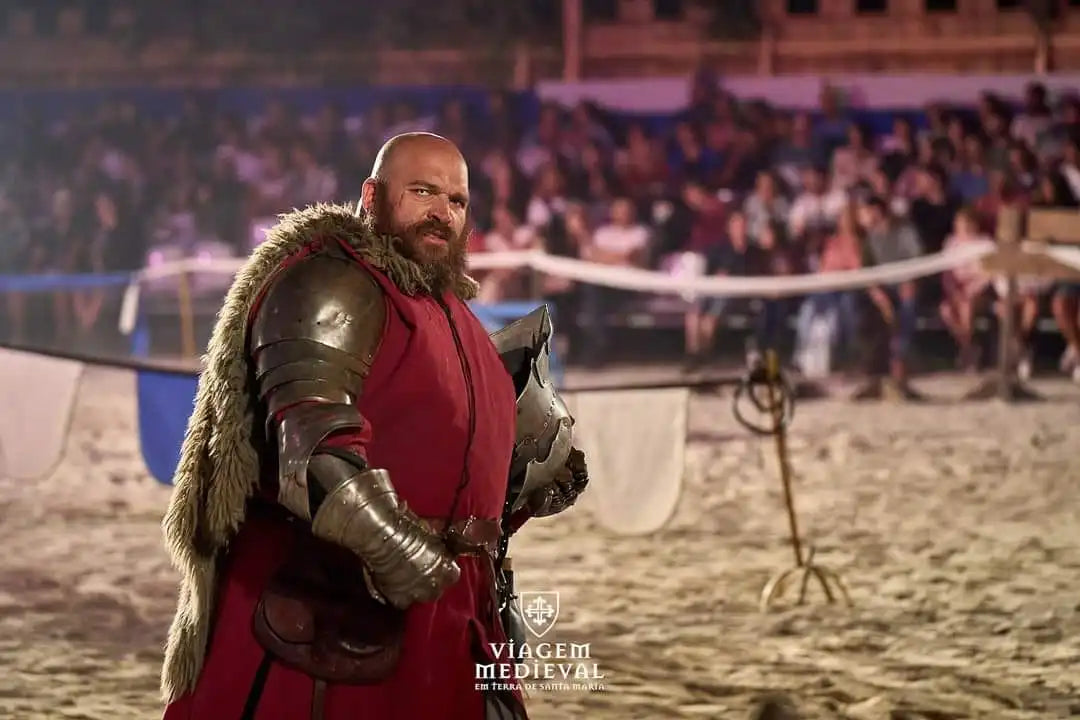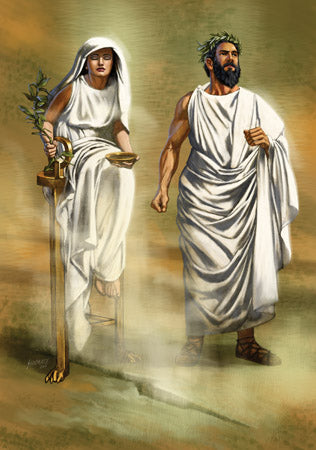Choose options
Enjoy Ancient War Magazine Vol IV -5 - Fighting for the Gods
Ancient warfare iv.5, October/Nov 2010
Released on October 25th.
Theme: Fighting for the Gods - War and Religion
Introduction: P. Lindsay Powell, 'Introduction to the Subject'
For the Greeks and Romans of the Archaic and Classical periods, wars were often fought when oaths and treaties, sacred because they had been witnessed before the gods, were broken. They believed that who would win was a matter for the gods to decide. Before the battle began, city-states, soldiers, and their senior officers actively sought the favor of the gods to improve their odds of ultimate victory, or at least survival. Studying how the Greeks and Romans understood the relationship between gods and men provides vital insight into the mindset of the ancient warrior.
Source: Paul Elliott, 'Inside a Temple of Mithras: Secrets of a Military Cult'
There's a large wayside mound along Hadrian's Wall called Carrawburgh (pronounced 'kara-bura'), the Roman fort at Broccolite, with an excavated stone temple dedicated to the god Mithras behind it. It's easy to miss, but it's a crucial part of the story of everyday life on Hadrian's Wall. Mithras' followers formed a Mystery Cult, a secret society that was popular with some of the soldiers along Hadrian's Wall. What was found at Carrawburgh gives us a rare insight into the workings of this military cult.
The Oracle at Delphi - by Johnny Shumate. Subject: Owen Rees, 'Sparta Refuses to Fight - Godly Inaction During the Persian Invasions'
There are many ways to tell a story. History has enjoyed telling the tale of the great oriental oppressors of the 5th century who invaded the small but free Greek states, culminating in a victory of democracy over autocracy between David and Goliath. The great victories at Marathon and Plataea, combined with the heroic resistance of Leonidas's 300 (ignoring the more than 2,000 Greeks who were present), have given rise to a popular and moral tale of freedom versus control, right versus wrong, good versus evil; of people standing up for what they consider just and fair. But there is a different story to tell. A story of cultural restraint, of political wrangling, and of piety that resists the practical: this is the story of Sparta, no longer behind its mirage.
Subject: Corrado Re, 'Consular Suicide - The Practical Aspects of Devotio'
For the Romans, as for most ancient peoples, victory was as much a matter of divine favor as military valor. They had several rites associated with warfare, most of which dated back to their earliest history. One of the most striking practices was the Act of Devotion. According to Livy and Cicero, it was enacted three times between the 4th and 3rd centuries BC. Each time the actor was a consul named Publius Decius Mus: father, son, and grandson. This was probably an expression of the private religion and tradition of the gens (family). The first recorded devotio was performed at the Battle of Veseris, against a Latin army; the second in Sentinum, in the 'Battle of the Nations,' against a coalition of Italic and Gallic peoples. And the final devotion took place in Ausculum against Pyrus. We know the narrative, but what happened at such events?
Subject: Christopher Lilley, 'Epona in Roman Service - Military Worship of a Horse Goddess'
The goddess Epona is generally assumed to be a pre-conquest Gallic deity whose cult was later spread beyond Gaul by local cavalry in Roman service. However, no inscriptions of Epona are known from Gallic wings and cohortes equitatae. A connection with the Augustan equites singulares, particularly under Hadrian, helps resolve this mystery.
Subject: Mark Woolmer, 'In the Name of Ahuramazda - Darius' War Against the Elamites and Scythians'
In September 522 BC, Darius I, along with six accomplices, seized control of the Persian throne. Darius I, also known as Darius the Great, was the third great king of the Persian Empire, ruling at the height of his power and influence. However, his seizure of power was met with rebellions across the empire, which forced Darius to innovate in terms of his political, economic, religious, and military policies. Therefore, he reorganized the empire by dividing it into provinces and appointing satraps (regional governors) to oversee them. He introduced a new monetary system, made Aramaic the official language of the empire, and initiated a series of building projects. To combat the insurrection, he used religion...
Subject: Alberto Pérez, 'Off with their heads! Headhunting and scalping in ancient times' Cast of a monument with severed heads found in Entremont
The decapitation of fallen enemies was a common practice after battle in many cultures, ever since men divined or imagined a separation between body and soul, between the animate life whose seat is the former and the spiritual dimension of that life which embodies the latter. Peoples as diverse as the Assyrians and the Romans indulged in this practice, although of course the meaning of this act was not the same in all cases. It is not easy to cut off a human head; indeed, it is very difficult to achieve in combat with a single blow of the sword.
Despite what Hollywood might suggest, it was usually done post-mortem. Why bother with such tedious action once your enemy is already dead?
Theme: Jona Lendering, 'Alexander the Invincible God - Uniting a Diverse Army Through Deification'
Although Alexander the Great was not the first human being to receive divine honors, his self-deification set an example for Hellenistic kings, Roman emperors, and other rulers. However, this would not have been the case if Alexander's self-deification had not been entirely rational and offered advantages that no ancient ruler could afford to ignore.
Subject: Sidney Dean, 'The Frankish Constantine - The Conversion of Clovis into Tolbiac'
Clovis I is known as the Frankish Constantine. Like the Eastern Roman emperor, this pagan German king claimed victory in battle after swearing allegiance to the Christian deity. But the impact of Clovis's religious conversion went far beyond the battlefield of Tolbiac in 496 AD. His election paved the way for Frankish domination over Europe and influenced the course of world history.
The Weapon: Paul McDonnell-Staff, 'The Sign of Constantine's Vision: Religion and the Late Roman Shield'
Of course, religion has always played an important role in warfare. As the modern saying goes: there are no atheists in a foxhole. Since time immemorial, a man about to risk his life on a battlefield invokes the aid of his gods. A particular and famous example of this occurred in 312 AD, just before the Battle of the Milvian Bridge outside Rome, when Constantine, having been "raised to the purple" by his father's troops in York, confronted the Emperor Maxentius to decide who would rule the Western Empire.
Characteristics
The latest evidence of the Hispanic IX in Britain - by Andrew Brozyna The debate: Duncan B. Campbell,
'The Fate of the Ninth. The Curious Disappearance of the Legio IX Hispana'
In 1954, Rosemary Sutcliff published a novel about Roman Britain. She captured the imagination of a whole generation of readers with her story of the Ninth Legion, destroyed in the mists of Scotland. A BBC dramatization captivated a new generation in 1977. And now a new film is set to rekindle interest in the story of the lost legion. But was it really destroyed in Britain during Hadrian's reign? Or have we fallen into a myth that should have been dispelled 50 years ago?
At Tienda Medieval, we have thousands of medieval and other period products. Discover them!
Free shipping
The entire Iberian Peninsula from €60 (*Does not include islands) and shipping worldwide. Check our rates.
Customer service
We are available Monday through Friday to answer your questions.
Secure Payment
We comply with all regulations to ensure Secure Payment
Contact us
Need to contact us? Just email us at info@espadasymas.com

